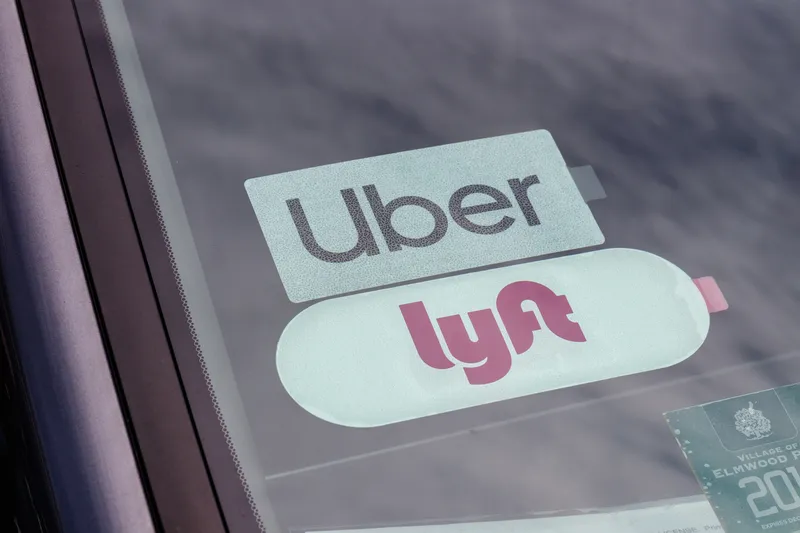
NJ Transit is piloting ride-hail on its paratransit service Access Link.
The New Jersey transportation agency is allowing users to opt in - on a voluntary basis - to taking trips with Uber and Lyft "to reduce wait and trip times while maintaining Access Link prices and the reservation process to which customers are accustomed".
The Access Link Riders’ Choice Pilot Program will improve the service's reliability "while offering additional transportation options to customers of this crucial service", says New Jersey DoT commissioner and NJ Transit board chair Diane Gutierrez-Scaccetti.
Before scheduling a trip, riders must update their profile to indicate which ride-share service they want to use - or whether they have no preference.
They will not need to use the Uber or Lyft apps or contact either company directly, and the decision to send a ride-hail vehicle will be "based upon the best available scheduling option".
"NJ Transit strives to provide efficient and reliable transportation services to all of our customers, particularly those who are the most vulnerable,” Gutierrez-Scaccetti adds.
NJ Transit is the US's largest state-wide public transportation system providing more than 925,000 weekday trips on 253 bus routes, three light rail lines and 12 commuter rail lines, as well as Access Link.
Zach Greenberger, chief business officer at Lyft, says: “Through similar partnerships across the US, we have seen riders benefit from decreased wait times, improved reliability and convenience, which ensures they can get to and from work, school, appointments, and other activities.”
Customers who do not opt in will continue to have all of their trips serviced by the current Access Link providers but NJ Transit believes that the new scheme will improve on-time performance and productivity, decrease missed trips and also improve retention of Access Link drivers.
The pilot runs in Regions 2 and 5, which include Essex, Morris, Union, Somerset, Burlington, Camden, Gloucester and Salem counties and parts of Cumberland County and may expand to additional counties statewide.










